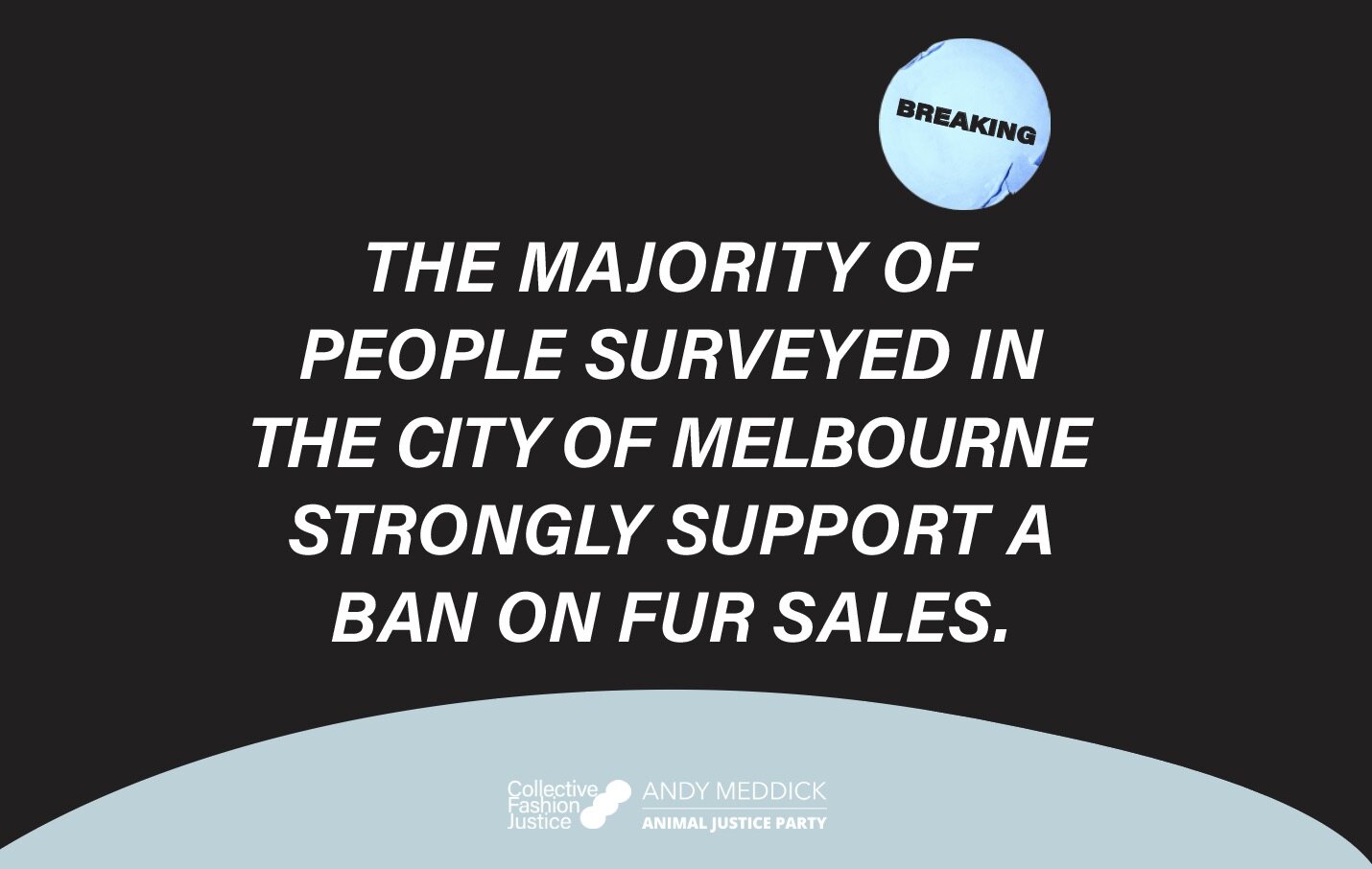Is cotton more sustainable than wool? It’s complicated.
When it comes to knitwear, cotton can be used as an alternative to both animal and synthetic fibres. As a plant, cotton is biodegradable, and as a fashion fibre, not borne of animal cruelty. But is it sustainable?
Recovo is working to reduce fashion’s waste problem
When fabrics are cut up, parts stitched into clothing, a whopping 35% is wasted. 85% of textiles head to landfill each year. So, what can we do to prevent problems like this from happening? How can we effectively repurpose leftover fabric? Queue Recovo…
Microfibre pollution in fashion: are synthetics all to blame?
Most discussion and literature on plastic pollution and microfibres assumes that the problem is largely due to synthetic fabrics. Yet, a 2020 study found that despite the domination of synthetic fibres in current global production, they accounted for only 8% of microfibre pollution.
How to build a community pressure campaign
Collective Fashion Justice board member and Vegan Voices of Color founder Unique Vance walks us through how to start pressure campaigning in order to create a more just world.
Garment workers’ Eid protests reflect continued disregard for wellbeing by big brands
The recent protests demanding for extended Eid holidays may seem like one-off, even minor incidents but in actuality they are symbolic of wider issues.
Cactus leather creators release material life cycle assessment
The creators of cactus leather, Desserto, have recently released an early stage life cycle assessment. This is exciting, because it means we can begin to understand how Desserto compares to other materials.
Fashion industry tied to significant wildlife slaughter in new analysis
Faunalytics — an organisation which conducts research and shares knowledge relating to the suffering of non-human animals — has recently released analysis of 15 years worth of legal wildlife import data from the United States.
New polling shows that City of Melbourne supports a fur ban
Independent polling commissioned by Collective Fashion Justice in collaboration with Animal Justice Party MP Andy Meddick’s office found that the majority of people in the City of Melbourne support a ban on fur.
Zoonotic disease risks in fashion
Unsurprisingly, our fears around the spread of zoonotic diseases such as COVID-19, or even worse, continue to rise. As a total ethics fashion organisation, we’re asking, what responsibility does the fashion industry have to help prevent zoonotic disease spread?
10 reasons to help ban fur
Right now, around the world, there are calls to ban the sale of fur, and the farming of fur. Here are 10 reasons to support the efforts to move past farming and trapping animals for the sake of fashion…
5 reasons fashion is a feminist issue
Despite the many feminist slogan t-shirts you can buy in stores, the fashion industry is far from championing the rights of women. In fact, it is an extremely oppressive industry in many ways, impacting women all across the supply chain.
Fast fashion: an industry built on exploitation
Fashion can signify individual expression and has artistic merit, but, it has, since the industrial revolution, relied on extreme exploitation of enslaved people and then wage workers. It is an industry that exploits class, race, gender and species in pursuit of never ending profits.
Fashion activism on Invasion Day
Today, on Invasion Day, as a fashion-orientated organisation we thought we would share information on how the way you dress, and your fashion activism can support Aboriginal people today and always. We’re keeping it short and sweet, so you can get onto the work:
The carbon cost of our leather goods, calculated
When we’re talking sustainability in fashion, we need to be using data to drive our discussion. Our new calculations of carbon and cow skin leather products shows us yet again, that a care for environmental wellbeing is not aligned with leather production and consumption.














